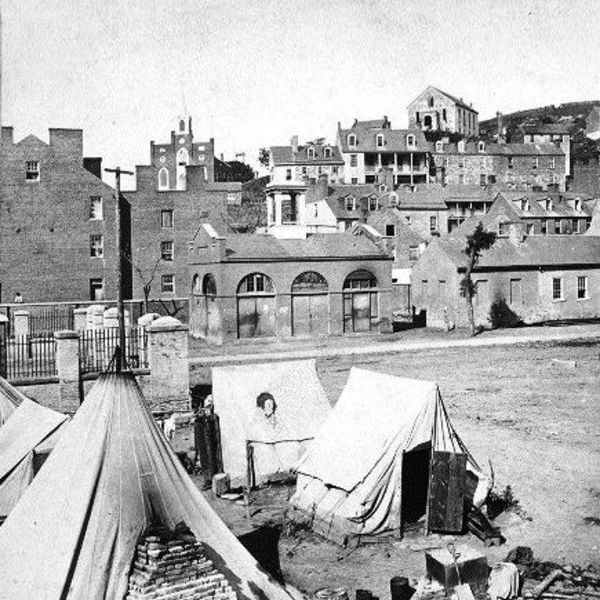They say, "Home is where the heart is." For many, home is the place where we grew up (or at least nearby). It's near the family and friends who keep us chugging on. The place where we can recognize every street name, family name, and business for miles. Where our favorite coffee shop is, and our favorite family restaurant.
Well, what happens when you suddenly can't afford to live in that place anymore? Not due to job loss or irresponsible financing, but because your rent has skyrocketed out of the blue. If home is where the heart is, your heart just got ripped out of your chest and thrown by a first-class pitcher.
This is the reality of people who are displaced from gentrified neighborhoods.
Although the word gentrification has become more used in the last 15 years or so, you may still have an unclear idea of what it is. Put simply, gentrification is the process of a historically uninvested neighborhood increasing in value by way of an influx in more affluent housing and businesses.
It typically starts with people of higher-income taking advantage of the low rent in these neighborhoods and fixing them up, until property value increases and other investments (such as new businesses to meet the needs of the new, higher-income residents) are utilized.
If you'd like to learn more about gentrification (and I urge you to), here's an "explained" video and a Ted Talk to get you started.
Gentrification typically looks wonderful from the outside, with its restored homes and new, shiny businesses. It's often justified with new jobs, better quality of life, and increased opportunity. Gentrifiers think they're doing a favor for the former residents.
Here's the thing: if the former residents can't afford to stay, they aren't going to benefit from these "new opportunities." They are only going to be pushed out of their home, further away from their jobs and kids from their schools.
So... what does Temple have to do with this? When it comes to North Philadelphia, everything.
I love Temple. I love my professors, the highly respected education I'm receiving, and the opportunities it provided me in the last two years. But I also have a (meager and humble) understanding of what other people lost for me to take advantage of these opportunities.
Universities, unfortunately, center around money just as much as they do providing an education. They need money to thrive; that's the just the way the world works. However, it's blatantly inconsiderate of President Englert and other figureheads of Temple to continue proposing plans like the multipurpose facility, while former residents continue to suffer.
The university's actions and attitudes not only affect its reputation with the surrounding communities and the world. That, in turn, affects the attitudes of its students. So many Temple students claim to love the city of Philadelphia and call it their home but are too afraid to stray past the center city area because "it's dangerous."
Students who throw loud parties that can be heard down the block, leave trash wherever they please, and refer to the rest of Philadelphia as "the ghetto" only feeds our worsening reputation as gentrifiers. We chose to live in this city and to treat it that way is disgusting and embarrassing.
Gentrification creates rifts between old residents and new residents. Misinformation spreads about the surrounding ungentrified communities. The "us" versus "them" mentality flourishes. Temple chooses to ignore their part in gentrification. Temple and those who run it have the resources to serve provide surrounding communities resources and pay retribution to the damage they've already done — but they don't. Instead, they continue to focus on their convenience and their pocketbooks.
As a Temple student, I urge the decision makers at Temple to reevaluate the cost of future expansion and to brainstorm ways they can help the surrounding communities though which you've invaded and destroyed on our (the students) behalf, and for our gain. I urge fellow students to break down barriers between communities by volunteering, or even visiting new places, as well as working to be a better guest.





















